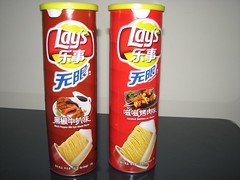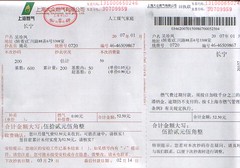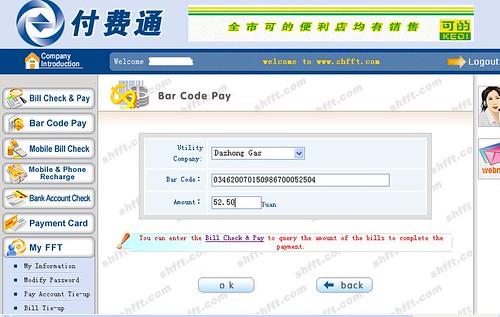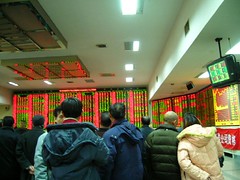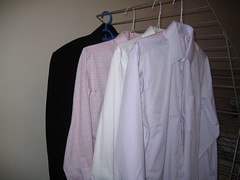
Shanghai is a great place to get clothes tailor-made. Businessmen in Hong Kong for just a few days used to stop by the tailor shops near the airport and have new suits ready before they left two days later. That’s what Shanghai is like now. There is a large market south of downtown called the South Bund Soft-Spinning Material Market. Ostensibly, the hundreds of booths inside each sell fabric. But I never saw anyone buying bolts of cloth. Rather, you look at the fabric, tell the owners what you want made, and they make it for you. Anyone visiting Shanghai should go and experience it. There are three floors of booths, all very similar and nearly indistinguishable at first glance. However, after walking past every single one, I can say there are distinct categories:
Suit shops – The most popular type caters to businessman. Bolts of dark wool and cashmere blends comprise most of their fabrics. They can make you a suit for 400-800 RMB depending on the fabric. Keep in mind the booths here are not the top-of-the-line Saville Row types. If that’s what you want, you can certainly get that in Shanghai, just not amongst the so-called common folk at South Bund.
Shirt shops – The second most popular category of shops belongs to the cotton merchants. They each have close to a hundred different types of fabric in all different colors, but part of me is still left wanting. Either I’m way behind in the fashion world, or the mainstream Chinese market does not like the same patterns that are common in the west. Still, the shirts fit like a dream and will cost you about 80 RMB. These shops tend to be unisex, making dress shirts for men and women alike. But take a look at the finished goods first to see with which type they have more experience.
Dress shops – These booths have a lot of silk and can make a great looking dress for women. They have all sorts of style books in case you don’t know exactly what you’re looking for. Honestly, I don’t know much more since I’m not in the market for a dress at the moment.
Coat shops – These stores deal in heavy wool and cashmere (probably polyester blends too, but they won’t say that). It’s nice to have a matching overcoat to go with your new suit. Here, you can get one in any shade you want. Black, grey, navy, camel, red, even green – no problem, four buttons or three? ¾ length or pea coat? Cost is probably between 500-1000 RMB.
Additional Note: Many stores can and will do any of the above. Westerners tend to appreciate this, because once they find an owner that can speak English, they are loathe to go elsewhere. I’ll personally take my chances with multiple places.
I just picked up an order today. Being my first time at the market, I diversified my risk amongst 4 shops: 2 for shirts, 1 for a single pair of pants, and 1 for an overcoat.
Pants first: They were an inch too long, but otherwise fine. The owner of the booth said to come back in an hour and they’ll be fixed. I told him to forget it – I’ll just go back next week.
Shirt store #1: Great fit on the two shirts I bought. The French cuffs on one shirt were a little thicker than I expected, but looked good. The best thing about getting custom clothes is that you can specify everything. I picked the cuffs, number of buttons, size of collar, pocket or sans-pocket, and yoke on the back of the shirt. I saw an American couple here buying some shirts for 95 RMB. The owner told their translator that she’d still make money at 65 RMB since they were buying 8 shirts. I feel ripped off for paying 85.
Shirt store #2: Even better fit. Not as good fabric (I chose hastily last week.) But I like the cut and styling better. Here, I saw somebody picking up a shirt with some custom cuff work that I wish I had thought of. He had them use a contrasting fabric on the inside of his French cuffs. Looks great. I ordered another shirt on the spot.
Coat store: Fits fine. I really like the way it turned out, especially since I had replaced the standard black lining with a dark red lining so it doesn’t look like something you get off the rack. I forgot to ask for a loop on the collar to be able to hang it. They attached one in 5 minutes.
All in all, I’m pretty pleased with my visit. I'll probably try out two more shirt booths before settling on one. I’ve also been told there’s a tailor in the nice area of town that has imported Italian and British cottons that make incredible shirts. The prices are substantially higher (400-800 RMB) but the shirts will probably last longer than the 1-2 years I expect my new shirts to last.


